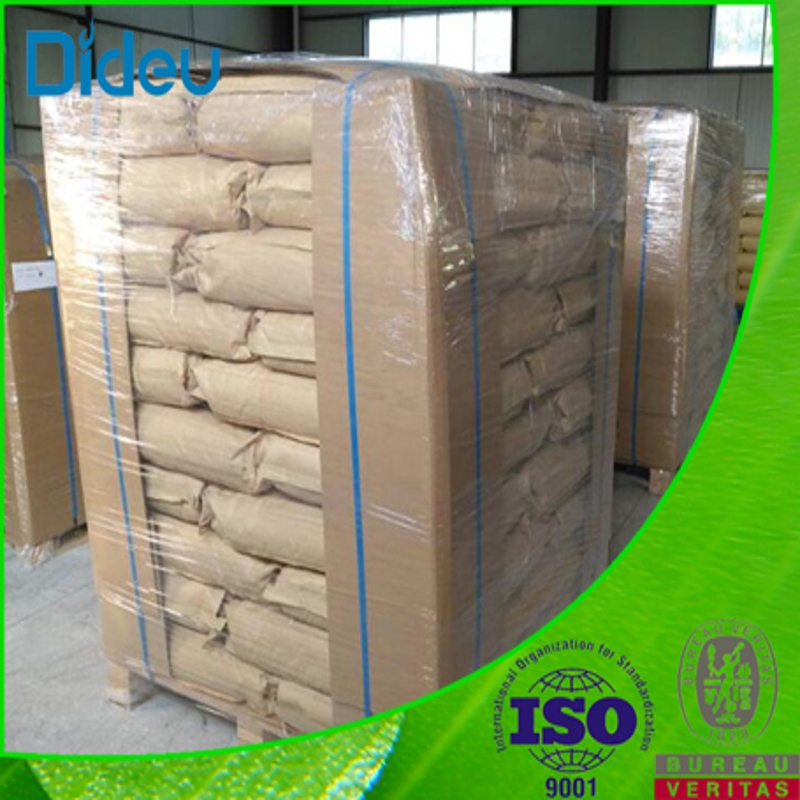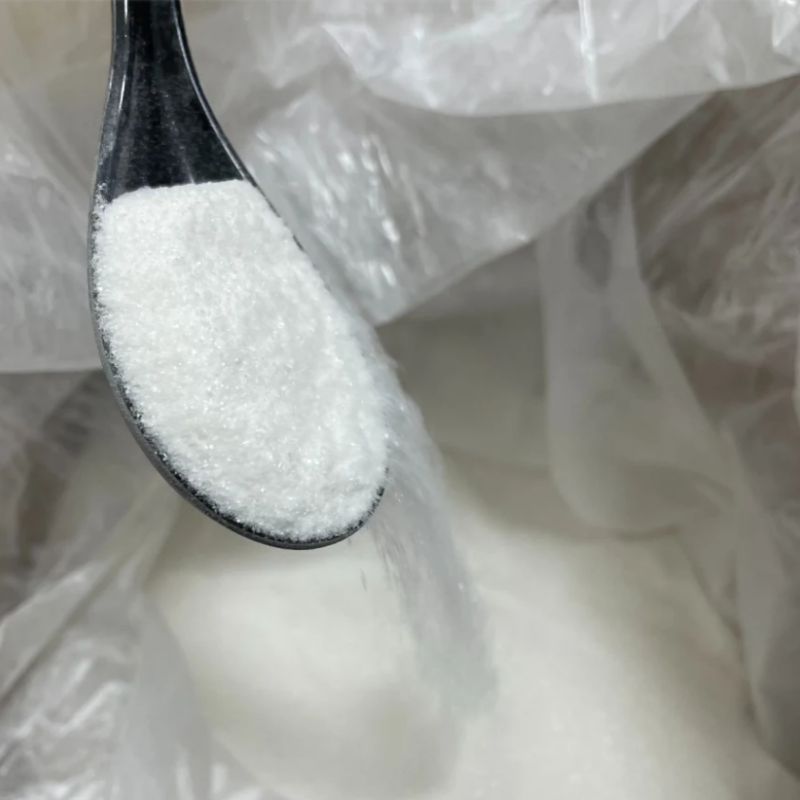-
Categories
-
Pharmaceutical Intermediates
-
Active Pharmaceutical Ingredients
-
Food Additives
- Industrial Coatings
- Agrochemicals
- Dyes and Pigments
- Surfactant
- Flavors and Fragrances
- Chemical Reagents
- Catalyst and Auxiliary
- Natural Products
- Inorganic Chemistry
-
Organic Chemistry
-
Biochemical Engineering
- Analytical Chemistry
-
Cosmetic Ingredient
- Water Treatment Chemical
-
Pharmaceutical Intermediates
Promotion
ECHEMI Mall
Wholesale
Weekly Price
Exhibition
News
-
Trade Service
Recently, Canadian researchers discovered and designed a micro-photosynthetic battery technology
that can capture electrical energy from cyanobacteria photosynthesis and respiration.
It is reported that this novel scalable battery technology may enable humans to produce clean energy in a more economical way, which in turn will make it possible
to eventually obtain carbon-free energy.
Clean energy is in the spotlight as a potential solution to mitigate and eventually eliminate the effects of global climate change, and a wave
of clean, green and carbon-free energy has been created around the world.
The main source of clean energy is the sun, so the technology of harvesting energy from the sun has become an important tool
to shift energy to eco-friendly.
Both photosynthesis and respiration that occur in plant cells involve electron transport chains, the main concept of which is to capture electrons
released by blue-green algae.
The electron transport chains of photosynthesis and respiration actively capture electrical energy
.
It is understood that the micro-photosynthetic battery designed by Canadian researchers this time contains a cathode, anode and proton exchange membrane
.
The anode chamber of the battery contains cyanobacteria that release electrons onto the surface
of the redox electrode located at the cathode.
The researchers said that the micro-photosynthetic battery has obvious military and wireless application value, and can also be used as a power source
for biological MEMS (microelectromechanical systems) devices.
Recently, Canadian researchers discovered and designed a micro-photosynthetic battery technology
that can capture electrical energy from cyanobacteria photosynthesis and respiration.
It is reported that this novel scalable battery technology may enable humans to produce clean energy in a more economical way, which in turn will make it possible
to eventually obtain carbon-free energy.
Clean energy is in the spotlight as a potential solution to mitigate and eventually eliminate the effects of global climate change, and a wave
of clean, green and carbon-free energy has been created around the world.
The main source of clean energy is the sun, so the technology of harvesting energy from the sun has become an important tool
to shift energy to eco-friendly.
Both photosynthesis and respiration that occur in plant cells involve electron transport chains, the main concept of which is to capture electrons
released by blue-green algae.
The electron transport chains of photosynthesis and respiration actively capture electrical energy
.
It is understood that the micro-photosynthetic battery designed by Canadian researchers this time contains a cathode, anode and proton exchange membrane
.
The anode chamber of the battery contains cyanobacteria that release electrons onto the surface
of the redox electrode located at the cathode.
The researchers said that the micro-photosynthetic battery has obvious military and wireless application value, and can also be used as a power source
for biological MEMS (microelectromechanical systems) devices.







